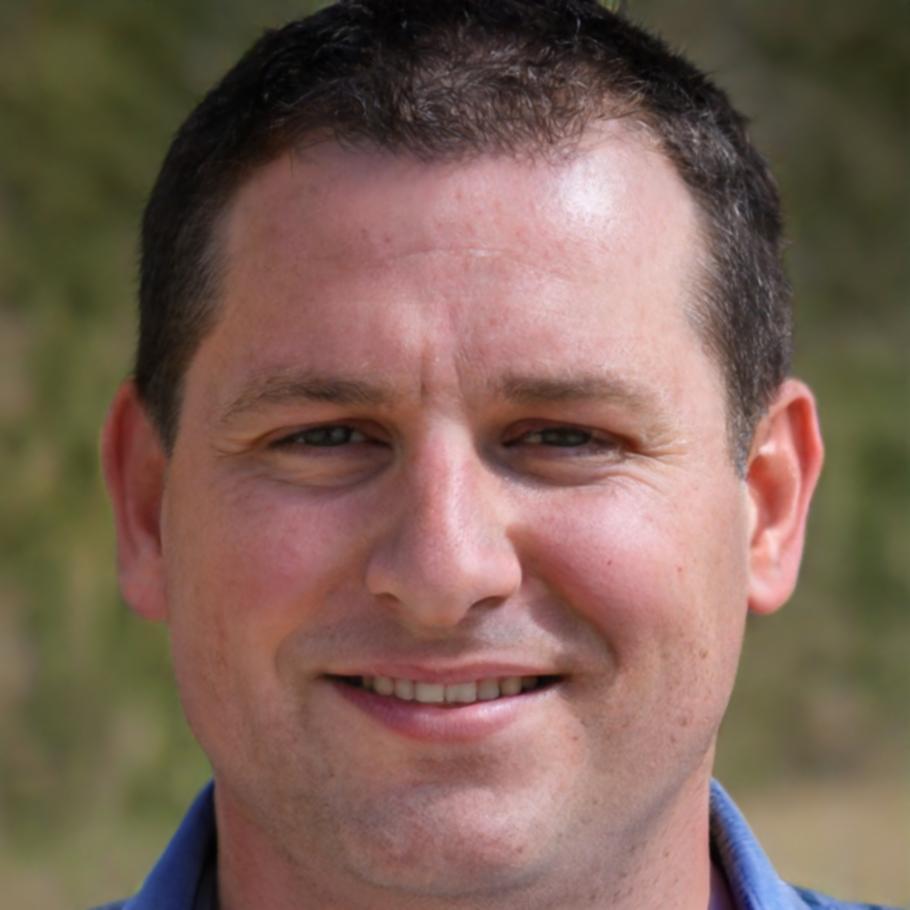Real Projects, Real Learning
Our students don't just study theory. They build actual financial tracking tools that help people understand their money better. Each project tackles something practical—budget calculators, expense trackers, net worth dashboards.
You'll work through problems that mirror what you'd face in a real work environment. And honestly? That's where the best learning happens. When you're debugging a calculation at 10pm and finally figure it out, that sticks with you.

How Student Projects Actually Work
We've refined this process over the past few years. It's not complicated, but it does require you to show up and do the work.
Pick Your Challenge
Choose from our project library or propose your own idea. We've got everything from basic income trackers to multi-currency net worth calculators. Start with what interests you.
Build In Stages
Break it down into manageable chunks. Week one might be setting up your data structure. Week two, building the calculation logic. You'll submit checkpoints so we can catch issues early.
Get Real Feedback
Our mentors review your code and provide specific suggestions. Not just "good job"—actual feedback about efficiency, user experience, and potential edge cases you might've missed.
Polish and Present
Final week is about refinement and documentation. You'll create a brief walkthrough explaining your approach and decisions. This becomes part of your portfolio.
What Students Actually Build
These aren't demo projects with fake data. Students create tools they'd actually use themselves—and often do after the program ends.

Jasper Viklund
Financial Tools Developer
"I built a net worth tracker that actually handles my investment accounts properly. The CSV import feature took me three tries to get right, but now I use it every month. That's the thing—you're building stuff that solves real problems, not just classroom exercises."
Portfolio Material
Every completed project becomes a working example you can show potential employers or clients.
Practical Skills
You'll learn data validation, error handling, and user interface design through actual application.
Mentor Support
Get unstuck when you hit walls. We've all been there, and we know how to help.
Upcoming Project Sessions
We run intensive project periods twice a year. Next intake starts September 2025, with applications opening in July.
Application Period
Submit your application with a brief outline of what you'd like to build. We're looking for genuine interest more than extensive experience. You'll hear back within two weeks.
Foundation Week
We start with project planning and requirement gathering. You'll learn to break down complex features into buildable pieces and set up your development environment properly.
Building Phase
Eight weeks of actual development work. Weekly check-ins, code reviews, and problem-solving sessions. This is where most of the learning happens—through doing, failing, and figuring it out.
Completion and Showcase
Final presentations and documentation. You'll demonstrate your project to the group and receive certification of completion. Plus you'll have a finished piece for your portfolio.